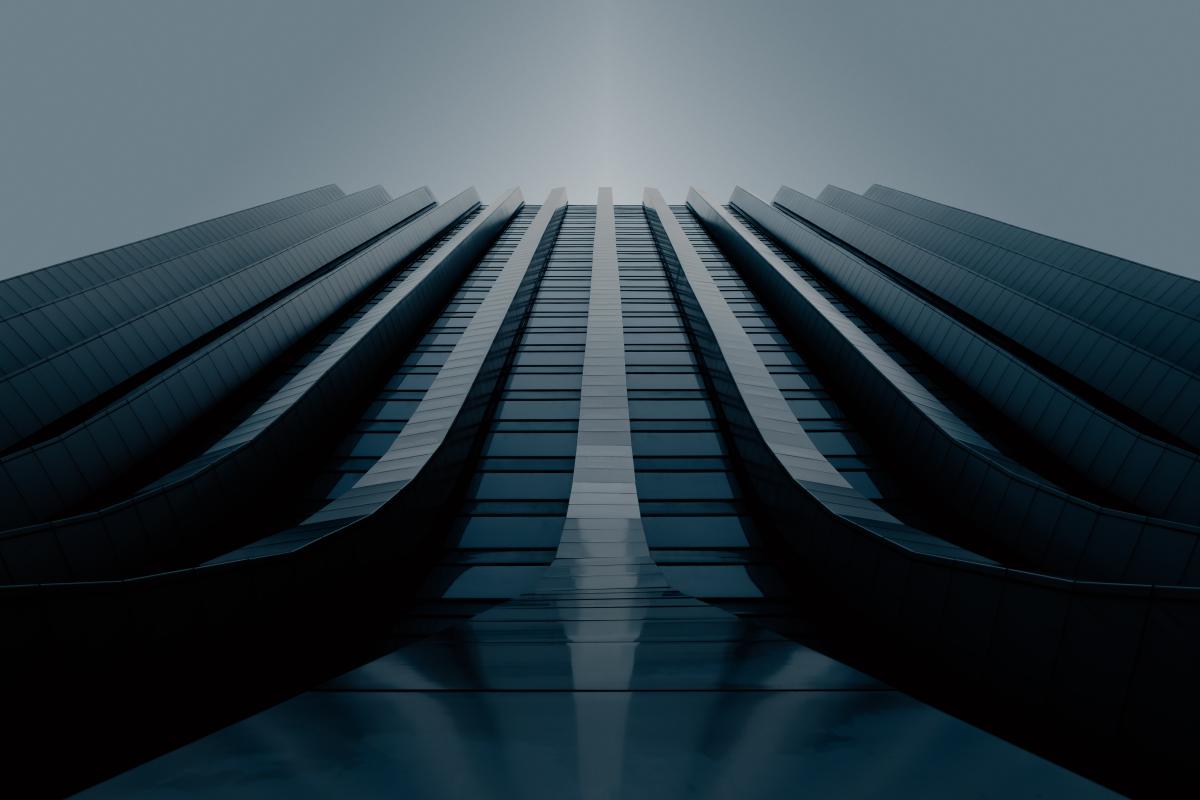As the dust settles on SXSW 2024, it's clear we're at a watershed moment in tech. This year's SXSW was less about the glitz and more about the guts—think less spectacle, more substance. It was, in many ways, a grown-up version of its former self, shedding the flamboyant for the fundamental. The whimsical promotions and buzz that once peppered the streets of Austin have made way for dialogues with depth, reflecting the tech sector's evolution from a petulant teenager to a reflective adult. Reflecting on my own decade-plus of attendance, it's evident: as tech weaves itself deeper into the fabric of our societal, political, and global tapestries, the implications are colossal. The stakes? Higher than Elon Musk's ambitions for Mars.
Edelman hosted a "meeting of the minds" dinner —a conclave where technologists, communicators, and marketers from a kaleidoscope of industries converged—echoed this sentiment. Bolstered by Edelman's latest trust data, the conversations underscored a collective teetering on the brink of epochal change. AI emerged not just as the flavour of the month but as the salted caramel of the moment—ubiquitous, sweet with potential, yet complex with its blend of rejection and acceptance among the populace.
Explore the findings
So, against the backdrop of a tech landscape caught between fervour and skepticism, here are the distilled insights from SXSW 2024. It's a narrative of a sector at a crossroads: one path leading towards unfettered enthusiasm for AI's boundless potential, the other towards a rigorous dissection of its far-reaching implications.
Here are my top 10 take aways and favorite a-ha moments from this year:
- A leap forward in food production: The "First CRISPR Foods Have Arrived" session led by Tom Adams, CEO of Pairwise, was a revelation in the potential of CRISPR technology to revolutionize sustainable agriculture. It highlighted how genetic editing could create more resilient, sustainable food sources, addressing climate change and global food security. The technique's ability to mimic and accelerate natural genetic modifications promises a significant leap forward in how we produce food.
- Empathy should guide AI design: In "Designing the Future: How Innovators Create What’s Next," John Maeda delved into the critical role of empathy in designing technologies that genuinely meet user needs. The discussion emphasized the intersection of creativity, innovation, and technology, suggesting that empathy should guide the design process. As AI continues to evolve, particularly with advancements like function calling, the importance of design in seamlessly bridging the gap between intention and action becomes indisputable.
- Dogs as models for aging research: A serendipitous attendance at a session about extending dogs' lives, after missing another, offered fascinating insights into aging studies. This discussion explored how dogs, aging seven times faster than humans, serve as effective models for aging research. It also touched on the disparities in lifespan among dog breeds due to selective breeding, providing a unique lens through which to view aging and potential treatments.
- AI could extend human life indefinitely: Ray Kurzweil's talks, such as this year's on the brink of longevity escape velocity, have always been a blend of visionary foresight and scientific prediction. His assertion that breakthroughs in AI and biotechnology will soon allow us to extend human life indefinitely, potentially beginning as early as 2029, underscores a future where aging could be halted or even reversed.
- There is still promise in Web3: Chris Dixon from A16Z brought clarity and renewed optimism to the concept of Web3 during his session. After years of hype and scepticism, Dixon's discussion reminded us of the foundational promise of a decentralized internet and its potential to democratize digital interaction and ownership, highlighting the ongoing projects laying the groundwork for this future.
- Perception of our reality can be explored with spatial computing: Neil Redding's session on spatial computing offered a profound philosophical journey into the nature of reality, suggesting that our perceptions are more malleable than we might think. By comparing augmented reality (AR) to lucid dreaming, Redding proposed that AR allows us to construct and experience our own realities, blending the digital and physical worlds in unprecedented ways.
- A more creative workforce in the Age of AI: Ian Beacraft's session highlighted a future where AI empowers individuals to become "creative generalists," capable of innovation beyond the constraints of traditional job roles. This shift toward a more creative, flexible workforce underscores the transformative impact AI is expected to have on the work landscape, promoting a radical rethinking of productivity and job design.
- Ensuring ethical considerations in technological innovation: Across multiple sessions, the theme of ethical considerations in technology development, particularly in the fields of CRISPR and AI, resonated strongly. The discussions underscored the importance of responsible innovation, prioritizing ethical guidelines and sustainability to ensure that technological advancements contribute positively to society.
- Intentional investment in others: Amidst the technological fervour, sessions like Jay Shetty's highlighted the enduring importance of nurturing human relationships. The discussions underscored the need for intentional investment in our connections with others, emphasizing meaningful interaction over digital engagement and encouraging deeper, more empathetic communication as a cornerstone of our humanity.
- The anti-AI movement is uprising: Whilst the sessions on AI were plenty, and the queues to attend long, there was also a growing sign of resistance showing. Whether this was the laudable boo’s in cinemas when the SXSW pre-roll was highlighting the AI talks, or the standing ovation that the DANIELS (directors of Everything, Everywhere all at once) received when they said they were terrified of this technology, to some on-street protesting by small groups of creatives demanding a slow-down in development. Turbulence ahead.




